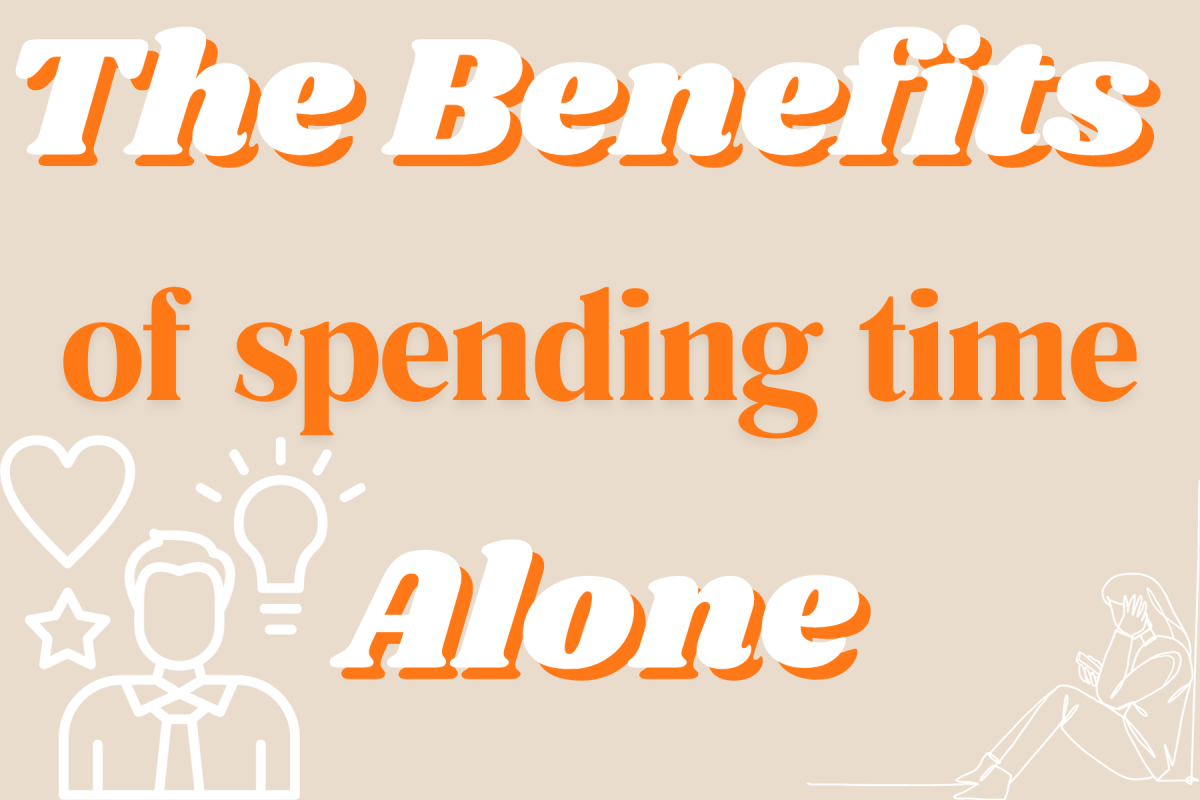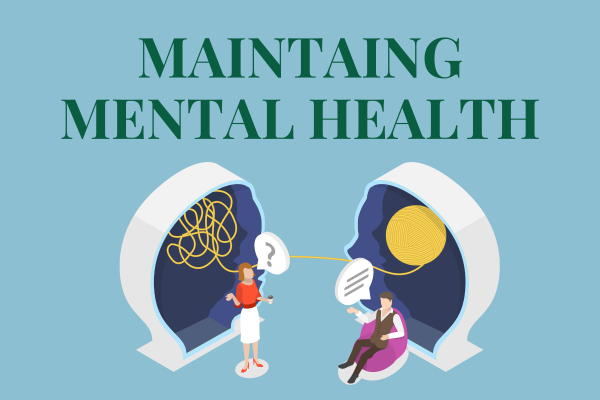How Private is the Internet?
March 4, 2020
2020 is upon us and technology is as big as ever. It seems like almost every year there’s another iPhone coming out or a new version of Alexa. However, there is one form of technology that stands out above others, and that is the internet. First developed in 1983, the internet has grown tremendously since then. Most people don’t go a single day without looking something up on google. The power of the internet has changed schools, work, relationships, and the whole world. But with all these ways to use the internet, has our privacy as humans been affected?
The internet is something people utilize every day. Not only are we using it for work and school purposes, but there is an ever-growing popularity in social media. Some people use it to share photos, communicate with friends (or strangers), and to see what’s going on in the world. It’s easy to find a name and look them up on Instagram or Facebook and most likely, learn quite a bit about them. Most social media platforms have privacy settings that provide more security when it comes to what people get to see, but that’s only social media. What about the internet itself?
You might find yourself looking up something for a class or research paper when some ads pop up on the side of the screen. You might not think anything of it, but then you notice the ad is for those shoes you were shopping for the other day. Weird, right? Is that just a coincidence or did your computer remember what you were shopping for? Are people right when they suspect that their phone is listening to them? The truth is that yes, advertisers are “tracking” you, in a way. They use the data gathered from apps and other media, such as online shopping, to know what to advertise to get your attention. Because technology is advancing so quickly, this is becoming the new way to convince buyers to keep on buying.
With technology growing and more of our personal information being trusted within our phones and laptops, it’s hard to know exactly what is keeping privacy and what isn’t. Some people have found ways to ensure that they’re as private as they can be by using methods such as turning off the microphone on their phone, not allowing apps to access their Facebook, and covering their cameras. It may seem extreme, and maybe it is, but no one can really know exactly what information the internet is gaining. Ads are getting extremely good at predicting people’s behavior, and if a machine can determine that, what else can it determine?
The power of the internet and technology is growing every year, with Face ID and even turning your home into an “Apple Home,” run by electronics that obey phrases like “turn the temperature down.” Are the new advances easier or just making us more reliant on technology? With all the abilities our phones and computers are able to do, it starts to seem like we’re giving up a piece of our privacy to the growing technology. The more reliant we become to our electronics, the more information we give up to it. Will there ever be a point when it stops, or will it only stop when there is no more information to give?



























































